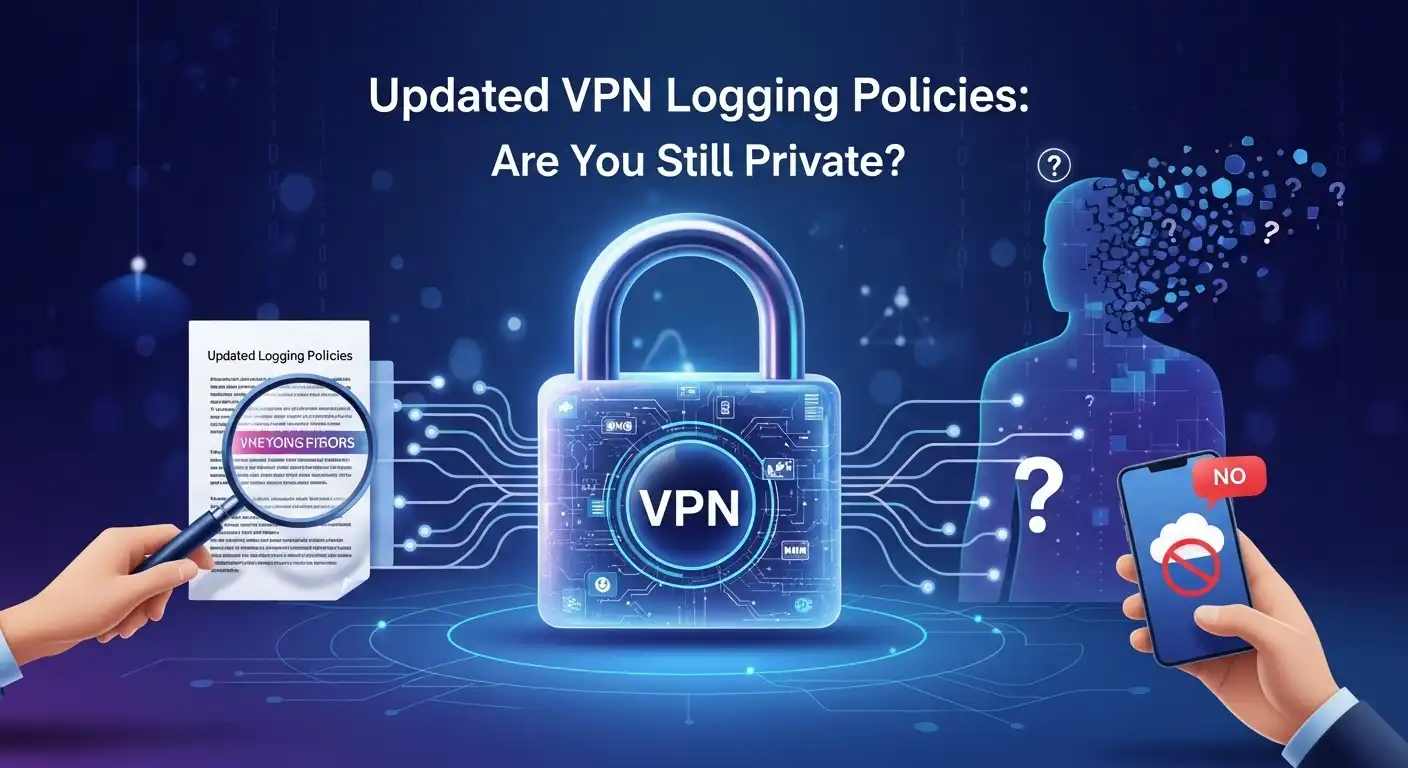In the ever-evolving landscape of digital privacy, a Virtual Private Network (VPN) has long been the shield of choice for internet users seeking anonymity and security. The core promise is simple: a private tunnel for your data, hidden from the prying eyes of Internet Service Providers (ISPs), advertisers, and governments. However, this promise is only as strong as the policies of the company providing the service. The disturbing truth is that the ground is shifting beneath our feet, and the recent changes in vpn logging policies are forcing a critical re-evaluation of who we can trust. What was once a straightforward matter of choosing a provider with a "no-logs" sticker is now a complex puzzle of corporate ownership, jurisdictional laws, and the fine print hidden deep within terms of service. Are you still as private as you think you are? The Shifting Sands: What is a VPN Logging Policy, Really? A VPN's logging policy is the single most critical document that defines its relationship with your data. It is the constitution of your privacy, outlining exactly what information the provider collects, how long it's stored, and under what circumstances it might be shared. For years, the marketing term "no-logs policy" has been the gold standard, suggesting that the VPN service keeps absolutely no records of your activity. However, the reality is far more nuanced, and understanding the different types of logs is essential to see past the marketing jargon and grasp the true level of privacy you're being offered. The most invasive type of log is the usage log, also known as an activity log. This is the holy grail for data collectors and the biggest red flag for privacy advocates. It can include the websites you visit, the files you download, the services you use, and the content of your communications. Any VPN that collects usage logs is, for all intents and purposes, nullifying its primary benefit. It's like having a security guard who follows you around and writes down everything you do. Fortunately, most reputable VPNs today claim not to keep these types of logs, but as we will see, claims are not always reality. A more common and greyer area involves connection logs. These are metadata records that typically don't include the what of your activity, but the when and how. This can include your real IP address, the IP address assigned to you by the VPN, connection and disconnection timestamps, and the amount of data transferred. While seemingly less harmful, skilled adversaries can use this metadata to de-anonymize a user over time, especially when cross-referenced with other data sources. A truly privacy-focused VPN will aim to minimize or completely eliminate the collection of this data, often using shared IP addresses and RAM-only servers to make user-specific tracking impossible. The "Zero-Logs" Myth vs. Reality The term "zero-logs" or "no-logs" is a powerful marketing tool, but it's often a misnomer. In practice, almost every service needs to maintain some form of temporary data to function correctly. This could be for managing the number of simultaneous connections allowed per account, troubleshooting server issues, or preventing abuse of the network. The key distinction lies in whether this data is aggregated, anonymized, and immediately purged, or if it's tied directly to an individual user account and stored for any length of time. A trustworthy "no-logs" provider structures its entire infrastructure around the principle of not collecting personally identifiable information. This means they don't know who is connected to which server at what time or what they are doing. This isn't just a policy; it's an architectural decision. For example, they might only monitor overall server load to know when to add more capacity, but they won't log which user is contributing to that load. The difference is subtle but critical: one is about managing the service, the other is about monitoring the user. The Fine Print: Where Do They Hide the Truth? The details of what a VPN really logs are almost always buried within two key documents: the Privacy Policy and the Terms of Service. A vague, short, or overly complex privacy policy is a major red flag. Reputable providers will explicitly state, in clear language, what they do and do not log. They will define terms like "connection data" and "usage data" and specify their retention period for any information they do handle, such as account payment information. Scrutinizing these documents is non-negotiable for any privacy-conscious user. Look for contradictions. Does the marketing on the homepage promise "100% anonymity," while the privacy policy mentions collecting your originating IP "for a 15-minute diagnostic window"? This is a classic bait-and-switch. A truly transparent company will have a policy that is detailed, consistent with its marketing, and easy for a non-lawyer to understand. The best policies leave no room for ambiguity. Drivers of Change: Why Policies Are Being Updated The recent wave of updates and controversies surrounding VPN logging policies isn't happening in a vacuum. It's the result of powerful external pressures and internal business decisions that are fundamentally altering the privacy landscape. These forces are compelling some VPNs to weaken their privacy stances, while forcing others to double down on their commitments, creating a clear divide in the industry. One of the most significant drivers is increasing government intervention. Nations around the world are waking up to the fact that widespread VPN use can circumvent their surveillance and censorship apparatus. In response, they are enacting stringent data retention laws that directly conflict with the principles of a no-logs VPN. This creates a stark choice for providers operating in or serving users in these regions: comply and betray user privacy, or exit the market entirely. Simultaneously, the VPN industry is undergoing massive corporate consolidation. A handful of large parent companies are acquiring dozens of previously independent VPN brands. This raises serious concerns about data sharing between services under the same corporate umbrella and a potential shift in ethos from privacy-first to profit-first. When a company's portfolio includes data-hungry ad-tech ventures alongside





